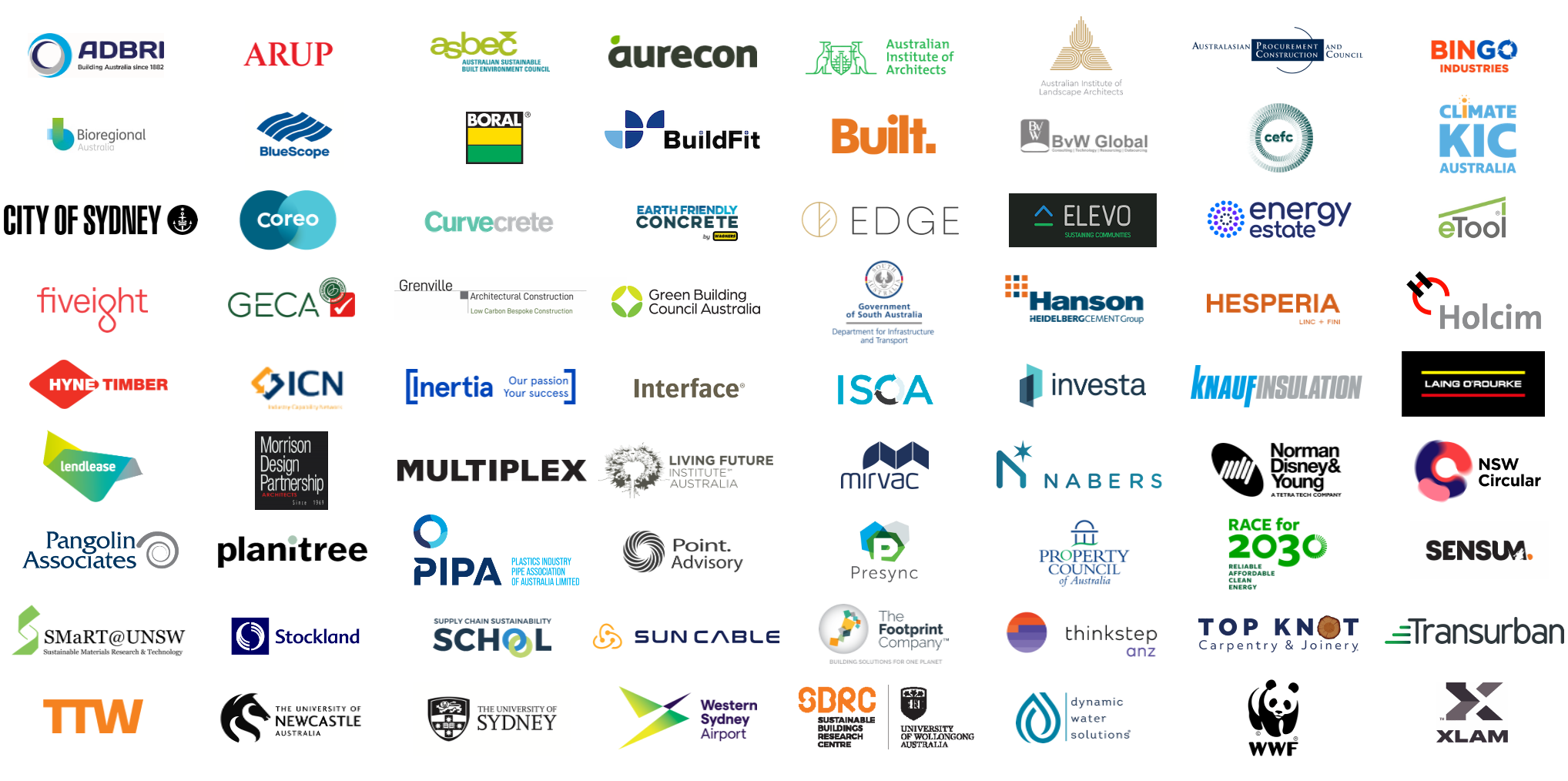
Driving reductions in embodied carbon in the building and construction industry.
MECLA is a collaboration of organisations coming together to drive reductions in embodied carbon in the building and construction industry. The project seeks to align with the Paris Agreement targets and principles of the circular economy and recognise that the building and construction sector is a complex ecosystem.

Driving reductions in embodied carbon in the building and construction industry.
and activating the supply of materials which meet the needs of net zero carbon goals
associated with adopting innovative materials and required skills development
embodied carbon evaluation framework
through case-studies, education, demonstrations, supporting innovation in materials
for design specifications, procurement guidelines and tendering criteria
such as steel, cement and concrete to reduce their carbon intensity
The built environment sector including the cities and towns we live and work in is responsible for one-quarter of Australia’s greenhouse emissions. Globally, the steel, cement and aluminium industries alone each produce about 7-9% of annual global greenhouse emissions. All these materials are used extensively in the building and construction of our homes, the places we visit and the roads we drive on.
Embodied carbon is the total greenhouse emissions generated during the manufacture of the materials and products used in the construction and refurbishment of new and existing buildings and infrastructure. There is an urgency around embodied carbon to reduce the greenhouse footprint of these materials but it requires collaboration and leadership.
Reducing the emissions intensity of these sectors will be fundamental to achieving a zero-carbon economy. By bringing different sectors together across the building and construction supply chain we can collectively gain a better understanding of barriers to uptake and find the solutions that will be vital to moving ahead.
Climate-KIC Australia are currently co-convening the MECLA project by providing portfolio governance and management, as well as project oversight that enables the ecosystem.
We work in collaboration with our partners to affect levers of change (including policy, technology, demand and capability) that will enable the built environment sector to reduce scope 3 emissions in construction materials including steel, cement and aluminium in Australia by 12.5-25% by 2030.

As senior project manager for the Materials and Embodied Carbon Leaders’ Alliance (MECLA), Kathy manages this national alliance to drive the reduction of embodied carbon in the building and construction industry. Kathy has worked across a range of projects involving large numbers of stakeholders, including the Climate Measurement Standards Initiative (CMSI), sustainable finance and the EU Green Deal. Before moving to Australia, Kathy worked for a senior lawmaker in Germany’s parliament and international development agencies in Europe and Asia.

As Project Officer for MECLA Alexi is involved in communications and membership management. He has a background working in various environmental NGOs, a passion for tackling climate change, and a first class honours from the University of Sydney in philosophy.
MECLA has over 120 member organisations collaborating across 8 different working groups creating resources about embodied carbon. MECLA pools knowledge and expertise from across the supply chain to provide openly accessable documents for anyone in the construction sector and related industries to use to help reduce embodied carbon. You can access these resources via the MECLA website.
